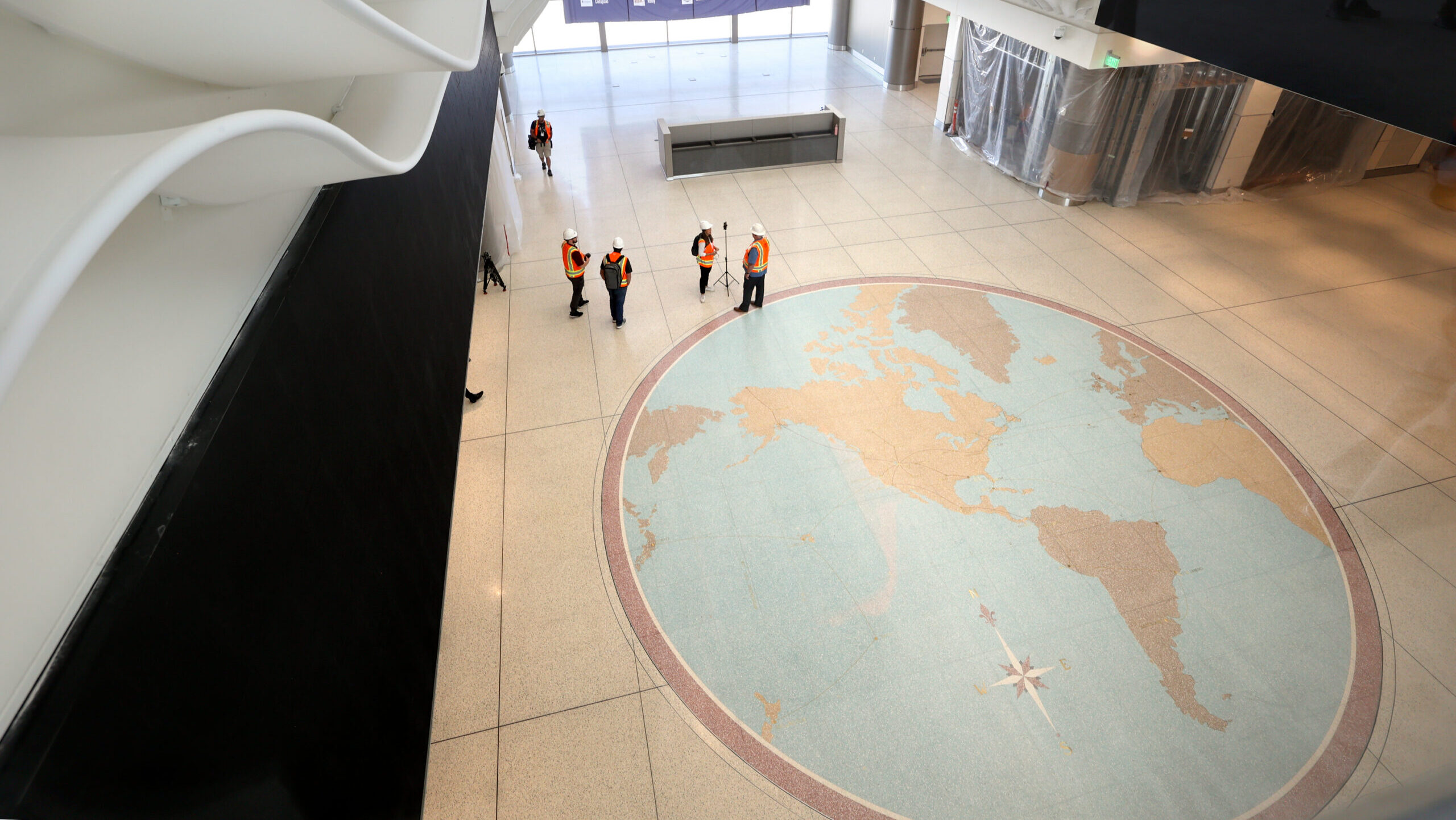Phil Donahue, whose pioneering daytime talk show launched an indelible television genre, has died, his family says
Aug 19, 2024, 7:59 AM | Updated: 1:12 pm

FILE - Phil Donahue attends the 2019 American Icon Awards at the Beverly Wilshire Hotel on May 19, 2019, in Beverly Hills, Calif. (Photo by Richard Shotwell/Invision/AP, File)
(Photo by Richard Shotwell/Invision/AP, File)
(ASSOCIATED PRESS) — Phil Donahue, whose pioneering daytime talk show launched an indelible television genre that made household names of Oprah Winfrey, Montel Williams, Ellen DeGeneres and many others, has died. He was 88.
NBC’s “Today” show said Phil Donahue died Sunday after a long illness.
Dubbed “the king of daytime talk,” Donahue was the first to incorporate audience participation in a talk show, typically during a full hour with a single guest.
“Just one guest per show? No band?” he remembered being routinely asked in his 1979 memoir, “Donahue, my own story.”
The format set “The Phil Donahue Show” apart from other interview shows of the 1960s and made it a trendsetter in daytime television, where it was particularly popular with female audiences.
Later renamed “Donahue,” the program launched in Dayton, Ohio, in 1967. Donahue’s willingness to explore the hot-button social issues of the day emerged immediately, when he featured atheist Madalyn Murray O’Hair as his first guest. He would later air shows on feminism, homosexuality, consumer protection and civil rights, among hundreds of other topics.
The show was syndicated in 1970 and ran on national television for the next 26 years, racking up 20 Emmy Awards for the show and for Donahue as host, as well as a Peabody for Donahue in 1980. It included radio-style call-ins, which Donahue greeted with his signature, “Is the caller there?”
The show’s last episode aired in 1996 in New York, where Donahue was living with his wife, actress Marlo Thomas, at the time of his death. The two had been married since 1980. Donahue had five children, four sons and a daughter, from a previous marriage.
Donahue returned briefly to television in 2002, hosting another “Donahue” show on MSNBC. The station canceled it after six months, citing low ratings.
He was born Phillip John Donahue on Dec. 21, 1935, part of a middle-class Irish Catholic family in Cleveland. They moved to Centerville, Ohio, when Donahue was a child, where he lived across the street from Erma Bombeck, the future humorist and syndicated columnist.
Donahue was in the first graduating class of St. Edward High School, a Catholic all-boys preparatory school in Lakewood, in 1953 and graduated from the University of Notre Dame with a degree in business administration in 1957. He later rebelled against, and left, the church, though he poignantly recalled in his book that “a little piece” of his faith would always be with him.
After a series of early jobs in radio and TV, Donahue was invited to move an earlier radio talk show to Dayton’s WLWD television station in 1967. It moved in 1974 to Chicago, where it stayed for years, then ended its run in New York.
The show featured discussions with spiritual leaders, doctors, homemakers, activists and entertainers or politicians who might be passing through town. He said striking upon the show’s winning formula was a happy accident.
“It may have been a full three years before any of us began to understand that our program was something special,” Donahue wrote. “The show’s style had developed not by genius but by necessity. The familiar talk-show heads were not available to us in Dayton, Ohio. …The result was improvisation.”
That lent a freedom to the show that persisted as it grew to No. 1 status in its class.
With an amiable style and a head of salt-and-pepper hair, Donahue boxed with Muhammed Ali. He played football with Alice Cooper. His guests gave cooking lessons, taught break dancing and, more controversially, described “mansharing,” being a mistress, lesbian motherhood or — with the help of gathered video that got shows banned in certain cities — how natural childbirth, abortion or reverse vasectomies worked.
A stop on “Donahue” became a must for important politicians, activists, athletes, business leaders and entertainers, from Hubert Humphrey to Ronald Reagan, Gloria Steinem to Anita Bryant, Lee Iacocca to Ray Kroc, John Wayne to Farrah Fawcett.
Outside of his famous talk show, Donahue pursued several other projects.
He partnered with Soviet journalist Vladimir Posner for a groundbreaking television discussion series during the Cold War in the 1980s. The U.S.-Soviet Bridge featured simultaneous broadcasts from the United States and the Soviet Union, where studio audiences could ask questions of one another. Donahue and Posner also co-hosted a weekly issues roundtable, Posner/Donahue, on CNBC in the 1990s.
Donahue also co-directed the 2006 documentary “Body of War,” which was nominated for an Oscar.













